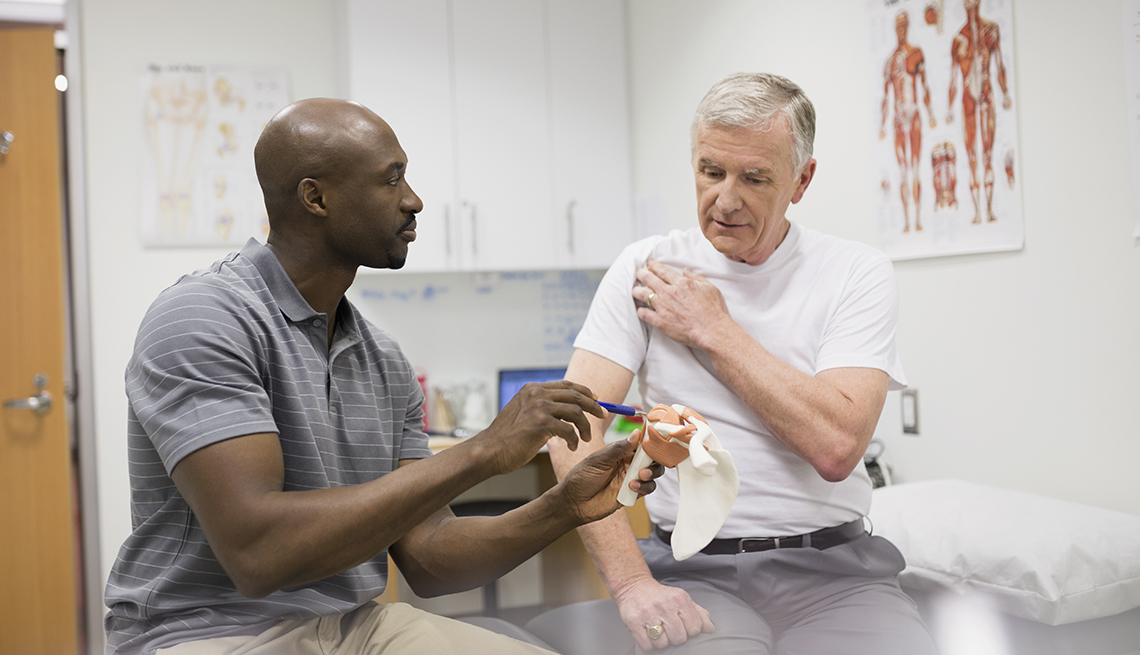Empowering Patients Via Psychological Assistance in Pulmonary Rehabilitation Initiatives.
Wiki Article
Cardio-pulmonary rehab programs are created to assist patients with cardiac and pulmonary conditions improve their well-being and quality of life. These programs commonly consist of physical activity, instruction about cardiac and pulmonary health, and support for making lifestyle changes. However, one important aspect that is sometimes neglected is the importance of psychosocial support. Emotional assistance refers to the psychological and social help that individuals receive during their rehabilitation journey. This assistance can strengthen patients, enhance their confidence, and help them manage the obstacles that come with chronic medical issues.

Individuals in cardiac and pulmonary rehabilitation frequently face various psychological and psychological difficulties. Emotions of nervousness, sadness, and loneliness can be common. These emotions may arise from the stress of dealing with a significant medical issue or the concern of upcoming medical problems. Psychosocial assistance can aid address these feelings by providing individuals with a secure space to talk about their concerns and bond with others who comprehend what they are experiencing through. Group therapy meetings and individual therapy can be beneficial ways to facilitate this assistance. By interacting with professionals and others, individuals can learn coping techniques and discover encouragement from peers who have similar experiences.
Integrating emotional assistance into cardiopulmonary rehabilitation programs can lead to better health results for patients. Research show that when patients receive emotional assistance, they are more likely to stick to their that site recovery plans, follow to treatment, and make necessary lifestyle modifications. This engagement can lead to improved health health, lessened admissions, and an overall improved standard of life. Assistance groups can foster inspiration and accountability, helping individuals stay committed to their recovery objectives. This cooperative approach emphasizes the importance of considering both physical and psychological well-being in the rehabilitation journey.
Teachers and medical providers play a vital part in offering emotional assistance within these initiatives. They can assist individuals comprehend the significance of emotional well-being in their recovery journey. By creating an atmosphere of empathy and understanding, healthcare providers can encourage open dialogue about feelings and concerns. Training staff in Read More Here interpersonal skills and emotional assistance techniques can improve the overall patient experience. Furthermore, integrating education about stress management, relaxation techniques, and positive coping strategies can empower individuals to assume an proactive part in their emotional well-being.
To summarize, strengthening individuals through psychosocial support in cardiopulmonary rehab programs is essential for promoting comprehensive rehabilitation. By recognizing the psychological and social aspects of healing, healthcare providers can establish a more nurturing environment that addresses the needs of the whole person. Patients who receive this holistic treatment are more apt to achieve their well-being goals and enhance their total standard of life. The integration of emotional support into recovery programs not only improves the patient experience but also contributes to improved long-term medical results.